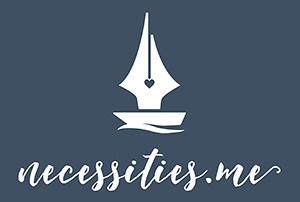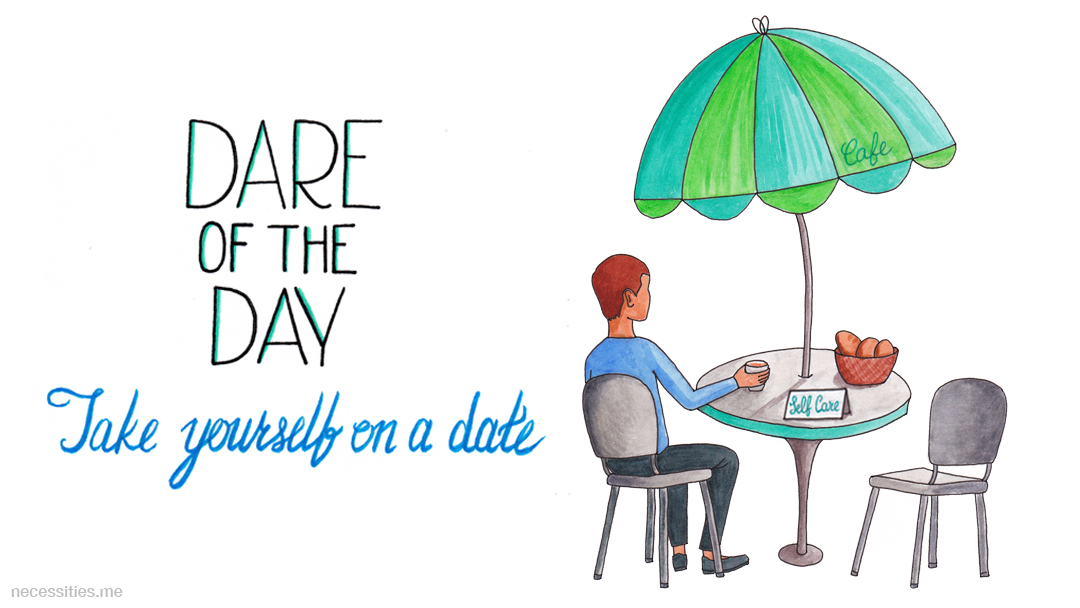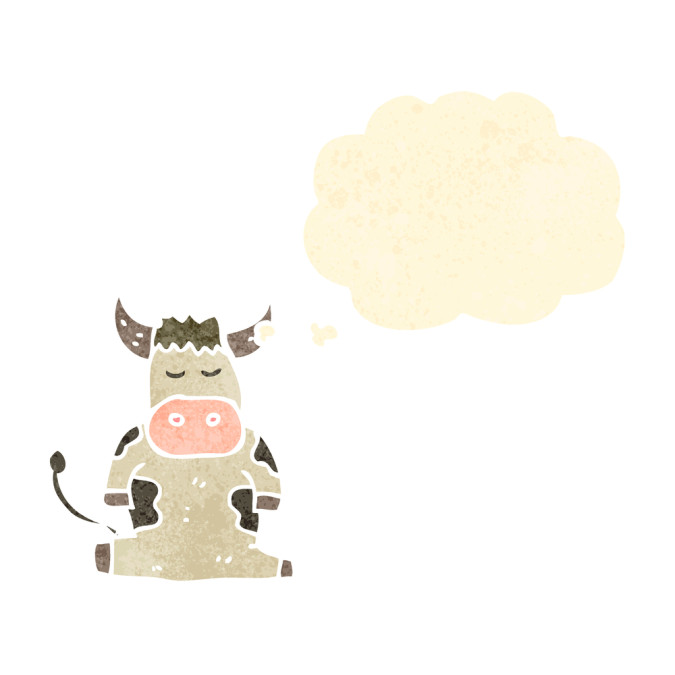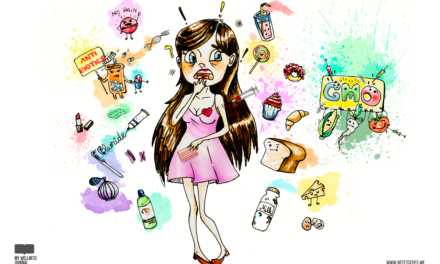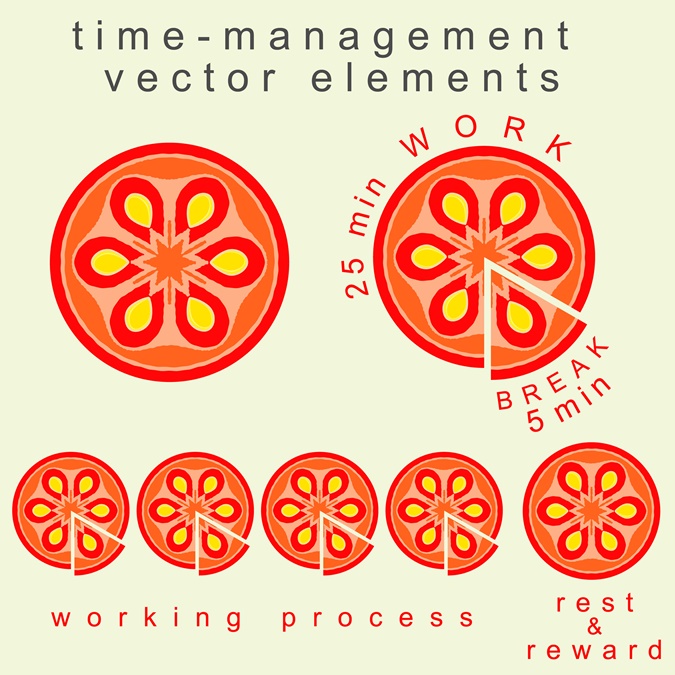SIT DOWN AND BREATHE
When Efficiency Becomes HarmfulI’ m an optimiser. In other words, I’m constantly on the hunt for the best, most efficient option in any set of alternatives. Take one example: my husband and I have a family ritual of exploring a new hiking path every so often. My husband maps the quickest way to get there (he’s a simplifier), and as he’s driving, I’ll begin optimising by making changes to the plan (also known as scope creep). I’ll check if our destination is close to a grocery store (“maybe I can tick something off my grocery list”), and I’ll try to negotiate a “slight detour” to the dry cleaners. This inevitably creates a scenario straight out of the Queen and David Bowie song “Under Pressure.”
If every person in the world had to fit into a stereotype, I’d choose two labels: simplifiers and optimisers. Scott Adams offers a distinction in his book “How to Fail at Almost Everything and Still Win Big”: “A simplifier will prefer the easy way to accomplish a task, while knowing that some amount of extra effort might have produced a better outcome. An optimiser looks for the very best solution even if the extra complexity increases the odds of unexpected problems.”
The Downfall of Over-Optimisation
Yesterday, as I waited for my takeaway coffee, I was jotting down a to-do list. The barista remarked, “Why don’t you sit down, read the paper, have your coffee and spoil yourself?” My tongue and cheek response was, “Sure, here’s my grocery list. Only bring back spelt wheat pasta; it’s nice to see someone cares.” This got me thinking: I understand the need to optimise, but if we’re doing it day in and day out, how is it negatively affecting our lives? How is continually optimising impacting our energy metric?
Adams writes, “Optimising is often the strategy of people who have specific goals and feel the need TO DO EVERYTHING in their power to achieve them.” If it’s all about energy, is giving everything to every item on your to-do list everyday leaving you spent? At the end of the day, what is truly gained?
According to Buddhist tradition, our inherent goodness comprises of four qualities: loving kindness, compassion, joy and equanimity. I feel that incessant optimising depletes our inherent goodness. When efficiency is always our top priority, we become hyper-focused on achieving tasks while losing sight of what truly makes us happy. We are no longer kind and compassionate towards ourselves; we forget how to sit, relax, and simply enjoy a cup of coffee. When our tasks become our identity, it’s dangerous, because it means we no longer know who we truly are.
The Necessity of Starting with Yourself
At the end of a Loving Kindness Meditation that I sometimes do, the focus is on cultivating feelings of compassion and loving kindness towards ourselves, as well as others. There is a reason the safety demo on an aircraft tells us to put our OWN mask on before helping others with theirs. If we’re not in a personal state to help others, our attempts to do so are feeble. In his book “Powerful Beyond Measure,” Nick Williams writes, “Real love is firstly fostering our own growth, and as we do so, we want to foster the growth of others, too.” It’s when we look after our needs first that we develop an authentic power that fosters soul leadership, creativity and innovation.
Yet in real life, self-care seems like a difficult practice to implement. When we want to show care and love towards ourselves, we often encounter resistance. This seems too indulgent; I can’t do this; I have too many responsibilities; what will people think; that makes me look selfish; I don’t have the time… does any of this sound familiar? These are ways we rationalise why we shouldn’t get a massage, take a day off, book that doctor appointment, have that difficult conversation, set boundaries, or say yes when we mean no. These are like windows of opportunity that are showing us where we are stuck, caught in fear and guilt, white-knuckling our way through life.
Self-love is a challenging practice to implement because it’s a courageous act. It’s like an inner teacher taking us on a journey to trust ourselves in freedom, creativity and joy. And trusting ourselves and trusting life requires us to ease our grip, our control on what the outcome might be — which is not easy for an optimiser. For instance, when we have our plates full at work, we still say yes to a new assignment, even if it means missing out on dinner with our family for months, because missing that dinner seems easier than having that difficult conversation with our boss. Or maybe we continue to sustain a friendship that doesn’t bring out the best in us, because exhibiting self-care requires the courageous act of setting boundaries; thus, we choose to simply play along instead.
More than Functionality: Feeding Your Soul
Self-care is particularly important if you are low on your energy metric and feel generally lost in life. It has an anchoring quality that prevents you from drifting due to life’s winds and currents. It moves you towards the light within. This light inevitably leads us towards meaningful relationships and creative work. In other words, it does help you find what you’re looking for!
Williams writes, “We have unconditional value that goes beyond usefulness. Our obsession with difficulty and functionality needs to be balanced with reverence for all things and all people.” We start with revering ourselves!
In your My Wellness Journal, try identifying three self-care goals each day that will help you establish a more balanced approach towards daily living. What are three things you can do to nourish your body, mind and spirit? Building pit-stops of self-care during your day allows you to thrive.
This will be our last post for 2016. Our best wishes to you and your families for the festive season. We sincerely hope this new year brings you closer to finding more meaning and purpose in your life.
Words To Grow By
Nick Williams
“We have unconditional value that goes beyond usefulness. Our obsession with difficulty and functionality needs to be balanced with reverence for all things and all people.”
